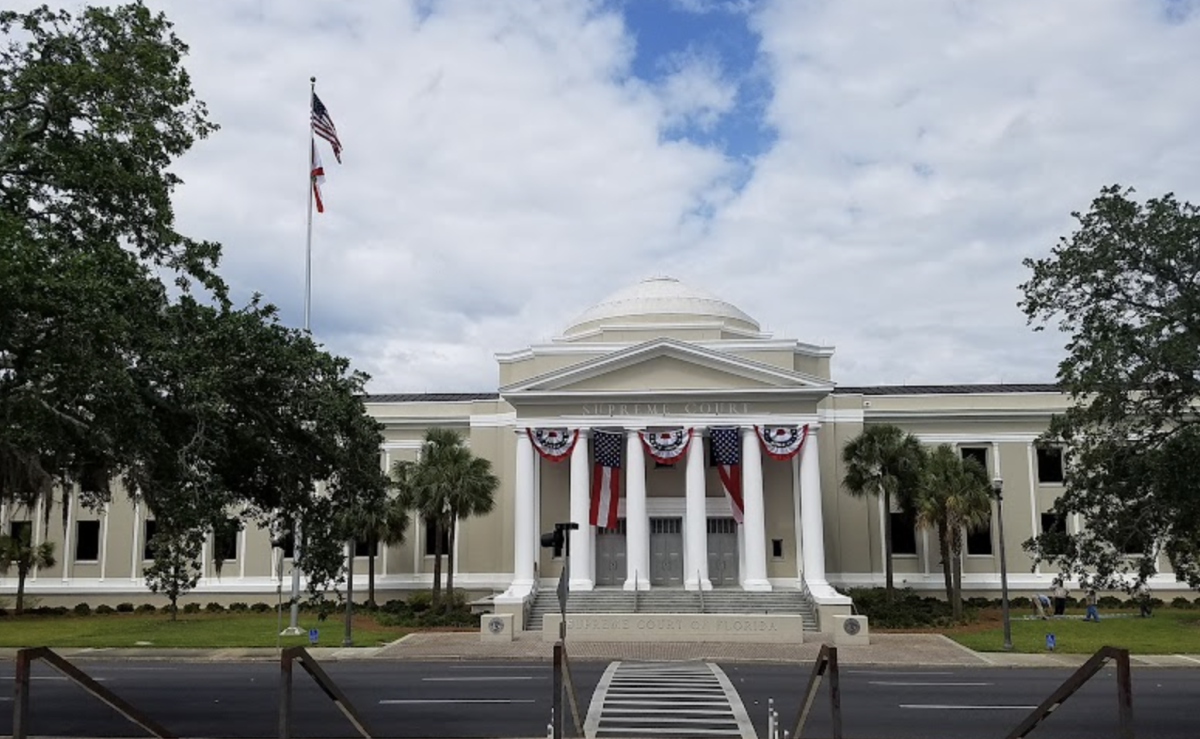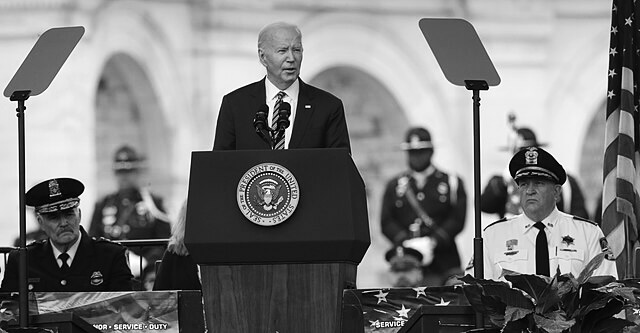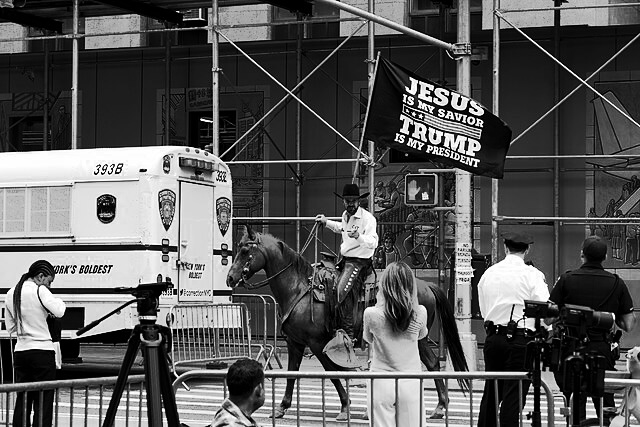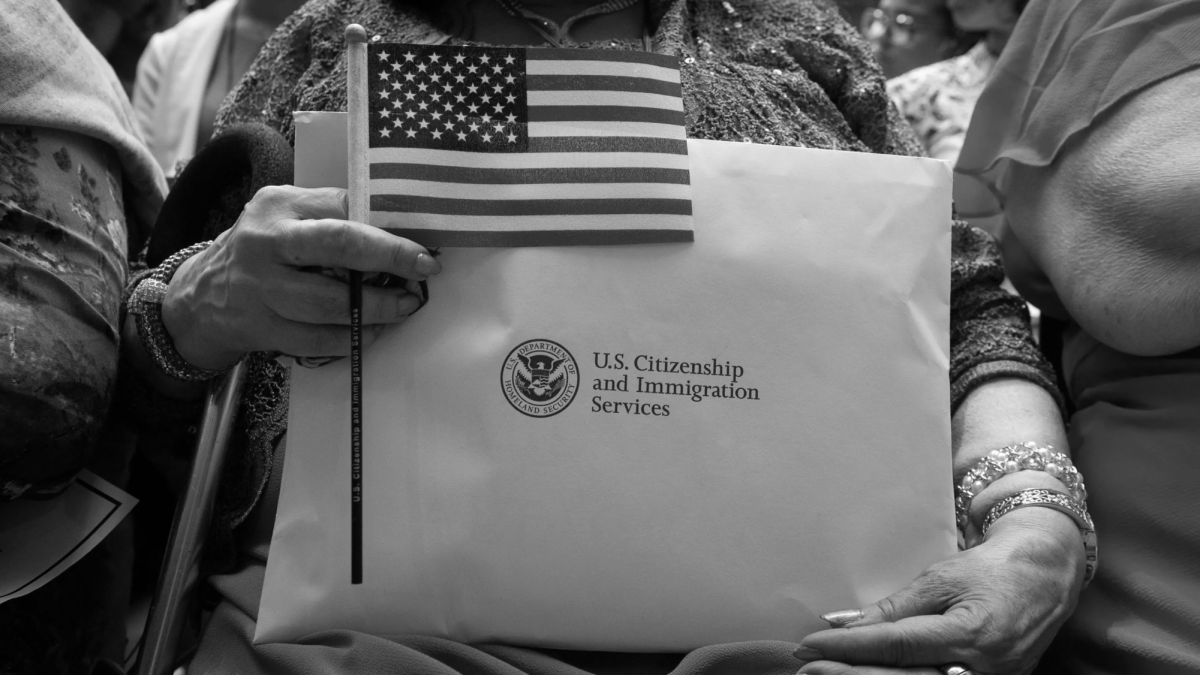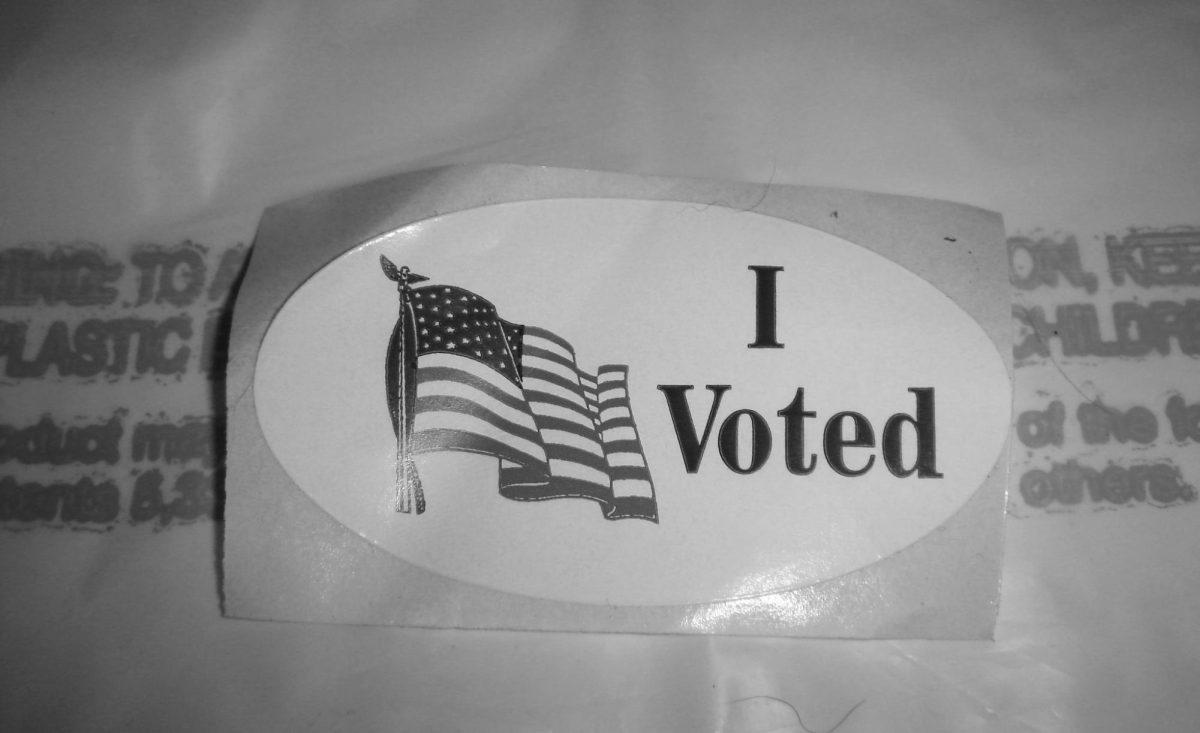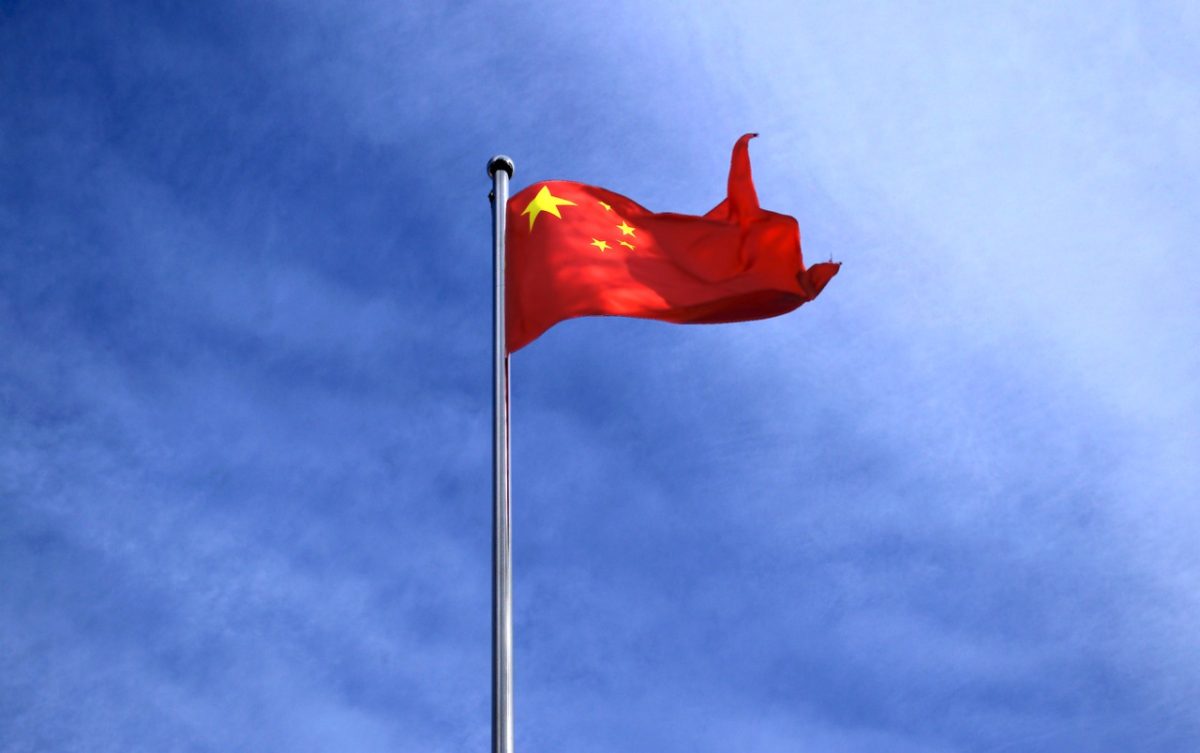On Aug. 9, President Joe Biden signed an executive order restricting certain Chinese tech investments. His order was targeted at outbound investments in areas that may pose a threat to United States national security. Noah Berman, a representative from the Council on Foreign Relations, wrote that the three main areas targeted in Biden’s order include “advanced computing chips and microelectronics, quantum technology, and artificial intelligence (AI),” industries critical to advancements in military technology. In response, according to The Guardian, a spokesperson for the Chinese Embassy argued against the executive order, claiming it “seriously deviates from the market economy and fair competition principles the US has always promoted, and affects companies’ normal operation decisions.” The spokesperson further expressed concerns that the regulations are detrimental to both the U.S. and Chinese economies and technology sectors. Similarly, the Hong Kong government, an important economic and financial hub for China, argued that the order creates an atmosphere of uncertainty for the future of the global economy. Critics claim that Biden’s “protectionist” measures only deepen tensions between China and the U.S. while having unprecedented and potentially detrimental effects on their economies. Biden’s measures, however, are an effective method of better regulating, not separating, economic relations between the U.S. and China.
While many may argue that Biden’s order is not economically viable, restricting Chinese tech investments ensures that potentially dangerous military technology advancements do not further deepen the political, economic and military chasm that has emerged between the two countries in recent years. Additionally, in line with Biden’s argument, American capital has indirectly fueled Chinese military growth for far too long. According to The Washington Post, U.S. investors have been regularly and unknowingly investing in Chinese-based defense contractors and military armament companies. Moreover, The Washington Post journalist Josh Roglin argues that Xi Jinping’s new “civil-military fusion” project erases the “distinction between these companies and the Chinese state,” reaffirming the uncertainty and precariousness of such investments. Increased regulation is necessary to stabilize this fragile distinction and curb growing martial and economic tensions between the countries.
Biden’s choice to ban outbound investments, therefore, was a sound decision and direct response to a looming security threat against the United States. The executive order, rather than undermining American economic values, falls in line with the U.S. government’s responsibility to ensure the safety and security of its people and nation.






